Demand for organic fertiliser rises in VN

An expected rise in demand for organic fertilisers has sparked many companies to invest more in production.
Demand for organic fertiliser rises - Illustrative image
The Binh Dien II Fertiliser Joint Stock Company opened a plant in March with a capacity to produce 100,000 tonnes a year in southern Long An province, which in its first phase produces organic and microbial fertilisers and high-grade NPK fertilisers.
The company plans to invest 200 billion VND (8.77 million USD) to annually produce 40,000-50,000 tonnes of nano organic fertiliser, a new generation of fertilisers, from next year.
Nguyen Kim Thoa, general director of Con Co Vang Group, said her company already supplies organic fertilisers to the market and plans to dedicate an 11ha plant to produce them.
Many companies have shifted to organic products to meet demand for safe agricultural produce.
According to the Ministry of Agriculture and Rural Development, as of the end of last year, 180 establishments had been licensed to produce 2.5 million tonnes of organic fertilisers a year, or 8.5 percent of total output.
Meanwhile, statistics show import of organic fertilisers rocketing in recent years. Last year, 220,000 tonnes were imported, double the 2016 volume.
The ministry said Vietnam has great potential in organic fertiliser production since annually around 60-70 million tonnes of agricultural by-products and 20 million of seafood by-products are produced.
The by-products can be used as raw materials for making organic fertilisers, but they have not been fully exploited for a long time, it said.
This will also help reduce pollution and improve soil fertility and farm produce quality, it said.
Nguyen Dinh Hac Thuy of the Viet Nam Fertiliser Association said long-term use of chemical fertilisers worsens the quality of not only soil but also crops themselves.
Many countries have shifted to organic agriculture to ensure sustainability, food safety and consumers’ health, and it is time to increase the production and use of organic fertilisers to foster organic farming in Viet Nam, he said.
But according to experts, promoting their use remains difficult since farmers still prefer the quick impact of chemical products.
Minister of Agriculture and Rural Development Nguyen Xuan Cuong said last year the Government issued Decree No 108/2017/ND-CP on fertiliser management with policies to boost organic fertiliser production.
Using organic fertilisers is an inevitable trend and it is time to focus on solutions from the Government and enterprises to encourage farmers to use them, he said.
A growing number of enterprises who collaborate with farmers have switched to the use of organic fertilisers since demand for such produce is increasing.
Có thể bạn quan tâm
Phần mềm

Phối trộn thức ăn chăn nuôi

Pha dung dịch thủy canh

Định mức cho tôm ăn

Phối trộn phân bón NPK

Xác định tỷ lệ tôm sống

Chuyển đổi đơn vị phân bón

Xác định công suất sục khí

Chuyển đổi đơn vị tôm

Tính diện tích nhà kính

Tính thể tích ao hồ

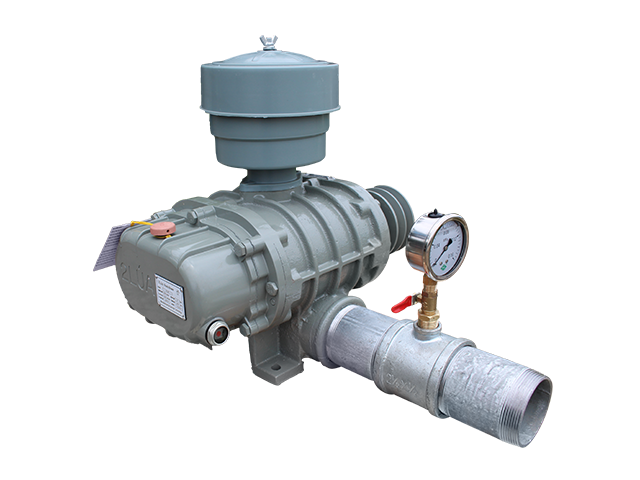

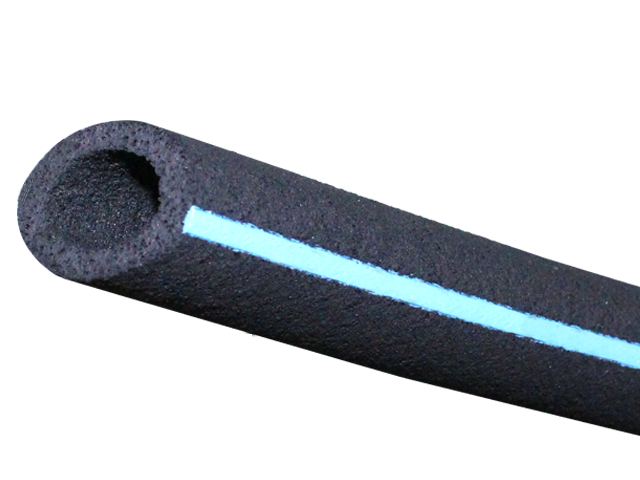
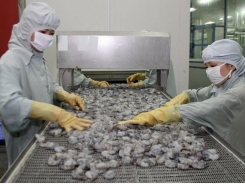
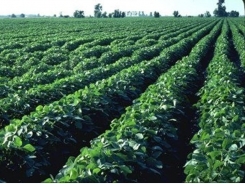
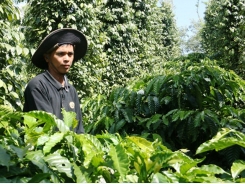
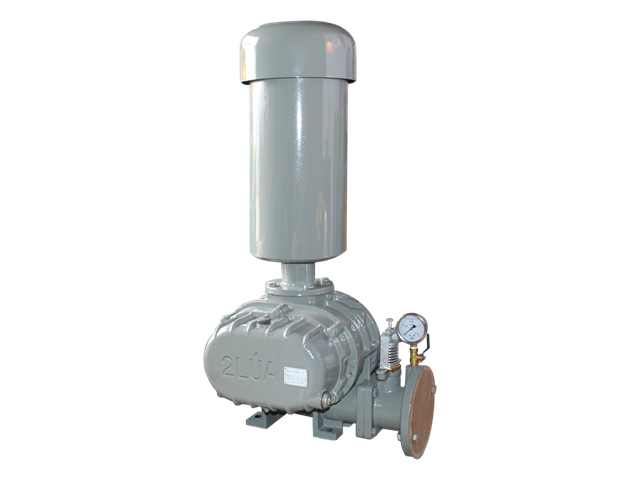


 Prices plunge for coffee exports…
Prices plunge for coffee exports…  Which way out for Vietnam’s…
Which way out for Vietnam’s…